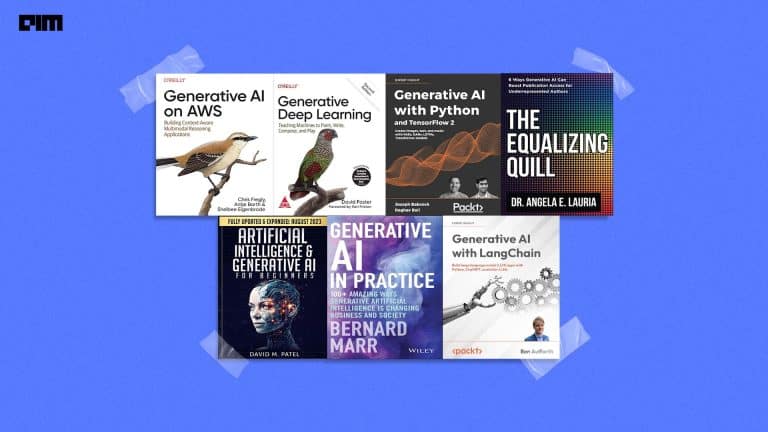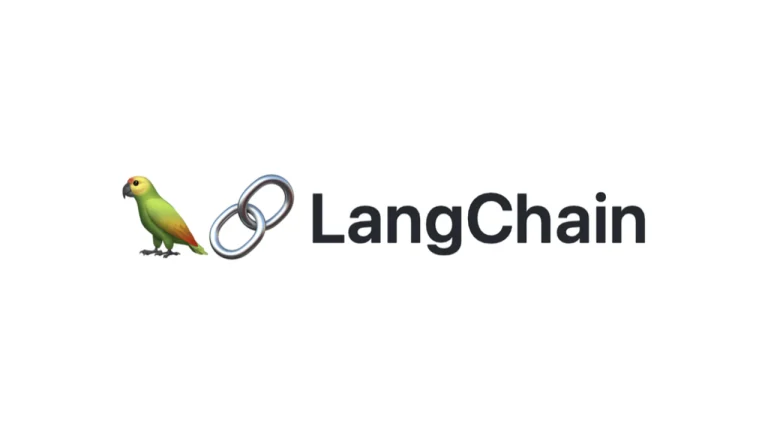The Toyota Research Institute (TRI) has announced the acceptance of six research papers in the field of machine learning at the International Conference on Computer Vision (ICCV) 2021. The research advances understanding across various tasks crucial for robotic perception, including semantic segmentation, 3D object detection, and multi-object tracking.
ICCV is being held virtually from 11-17 October 2021. It is an international venue in computer science, with a focus on computer vision and machine learning.
“Machine learning is the foundation of our research. We are working to create scientific breakthroughs in the discipline of machine learning itself and then apply those breakthroughs to accelerate discoveries in robotics, automated driving, and battery testing and development,” said Gill Pratt, CEO of TRI.
Over the last six years, TRI’s researchers have made significant strides in robotics, automated driving, and materials science in large part due to machine learning — the application of computer algorithms that constantly improve with experience and data. TRI shared six papers demonstrating research in machine learning, including geometric deep learning for 3D vision, self-supervised learning, and simulation to real or “sim-to-real” transfer.
The six research papers from TRI include:
- Is Pseudo-Lidar needed for Monocular 3D Object detection? Find the paper here.
- Geometric Unsupervised Domain Adaptation for Semantic Segmentation. Please find the paper here.
- Learning to Track with Object Permanence. Please find the paper here.
- Warp-Refine Propagation: Semi-Supervised Auto-labeling via Cycle-consistency. Find the paper here.
- LocTex: Learning Data-Efficient Visual Representations from Localized Textual Supervision. Find the paper here.
- The Way To My Heart Is Through Contrastive Learning: Remote Photoplethysmography From Unlabeled Video. Please find the paper here.
In the six papers accepted at ICCV, TRI researchers report several key findings. Notably, they show that geometric self-supervised learning significantly improves sim-to-real transfer for scene understanding. The resulting unsupervised domain adaptation algorithm enables recognizing real-world categories without requiring any expensive manual real-world labels.
Toyota Research Institute (TRI) conducts research to advance robotics, energy and materials, machine learning, and human-centred artificial intelligence.



















































































